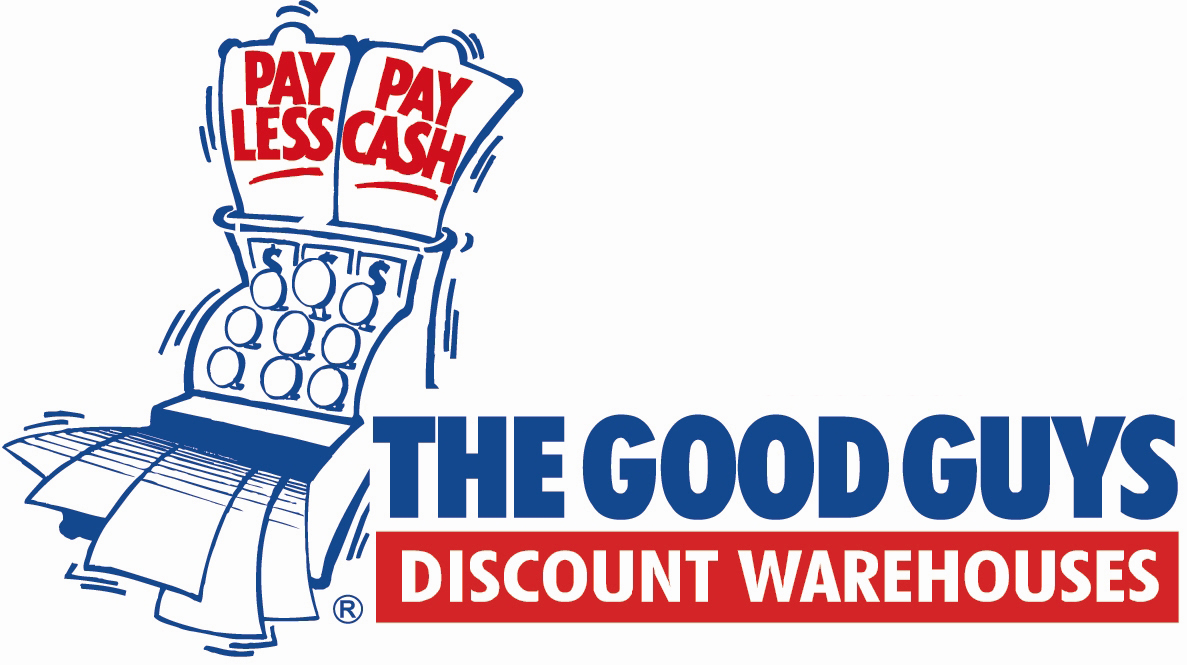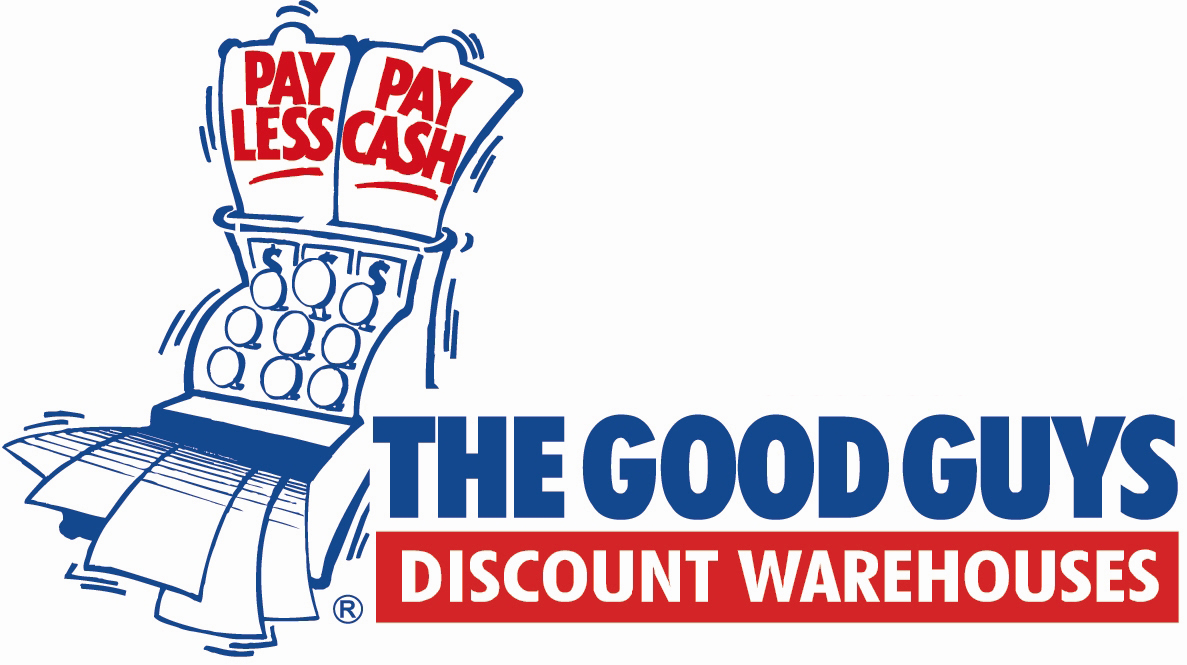In a major shift for the local industry, The Good Guys (TGG) chief executive Michael Ford stated that the “pay cash and we’ll slash the prices” promise is dead.
In an interview with the Sydney Morning Herald (smh), Ford attributes the impact of e-commerce and new payments technology on the $20 billion household appliances and consumer electronics market.
“Pay less pay cash is in the noose now. It played a very significant role in building the brand but we now have to move on to recognise we’re in a fully digitalised world and the customer has all the power in their hands.”
The reality which has been evident since the internet began burrowing into Australian’s spending habits around 15 years ago, is that over 57% of The Good Guys customers research products online before they come into stores. Ford said offering discounts for cash no longer guarantees a sale, particularly in an increasingly cashless society.
Ford told the smh, “Customers have so many other ways to pay and our online prices are the same as [prices] in store,” he said. “The power has shifted from the retailer to the consumer and the consumer has become digitally empowered.”
He said that TGG chain, plans to retain its 18-year-old Good Vibrations jingle but will drop the reference to cash discounts and come up with another tagline.
Wesfarmers and private equity investors took a close look at the company but baulked at chairman Andrew Muir’s $1 billion asking price.
Ford, told the smh that the process of discussing a company buyout with Wesfarmers was a “massive wake-up call” for the company. He said it triggered a multimillion-dollar investment by the Muir family in tier one e-commerce, merchandise planning and inventory systems and changes to the company’s operating model, from the way it ordered stock to the way it dealt with franchisees and customers.
The Good Guys which recently won the NORA Australian Multichannel Retailer of the Year, for its outstanding efforts to manage the intersection of both its offline and online touch points, centralised ordering, replacing 92 order books for company-owned and franchised stores with a single buying function. According to Ford, the shift secured better deals from suppliers, reducing working capital, improving stock turns and availability, and unifying the product range across the group.
“The benefits are in the mega millions – that’s been critical to us,” said Ford, “We had 92 different merchandise directors cutting different deals – the suppliers loved it because they got to keep their margin while we lost our margin.”
In the article, the smh explained said that TGG has also developed longer-term relationships with customers, maintaining contact post-purchase through its concierge program and offering services and solutions such as protection against subsequent price reductions and no-fuss replacements.
“We’re not just selling boxes any more – we have to sell solutions,” Ford said. “We try to engage with customers beyond the fact they’ve just bought a television or a fridge and gain a larger share of their wallet in the future.”
Ford says same-store sales have been growing “in the low single digits” to more than $2 billion, and earnings before interest, tax depreciation and amortisation have grown “significantly” faster.
“We moved our margins up by one percentage point – that’s significant in a $2 billion business,” Ford told smh. “Our average invoice has probably risen 2 to 3 % on an annual basis despite deflation.”
The Good Guys 100th store, is scheduled to open in North Lakes in Queensland, later this year but is increasingly selective about new sites and would prefer to move only into shopping centres with the right rental ratios.
The Good Guys is now one of Australia’s 10 largest private companies and is worth much more than it was in 2011, but is not for sale “at the moment” and there are no plans for an initial public offer.
According to Ford, “The [Muir] family is focused on building this business, not selling it.


